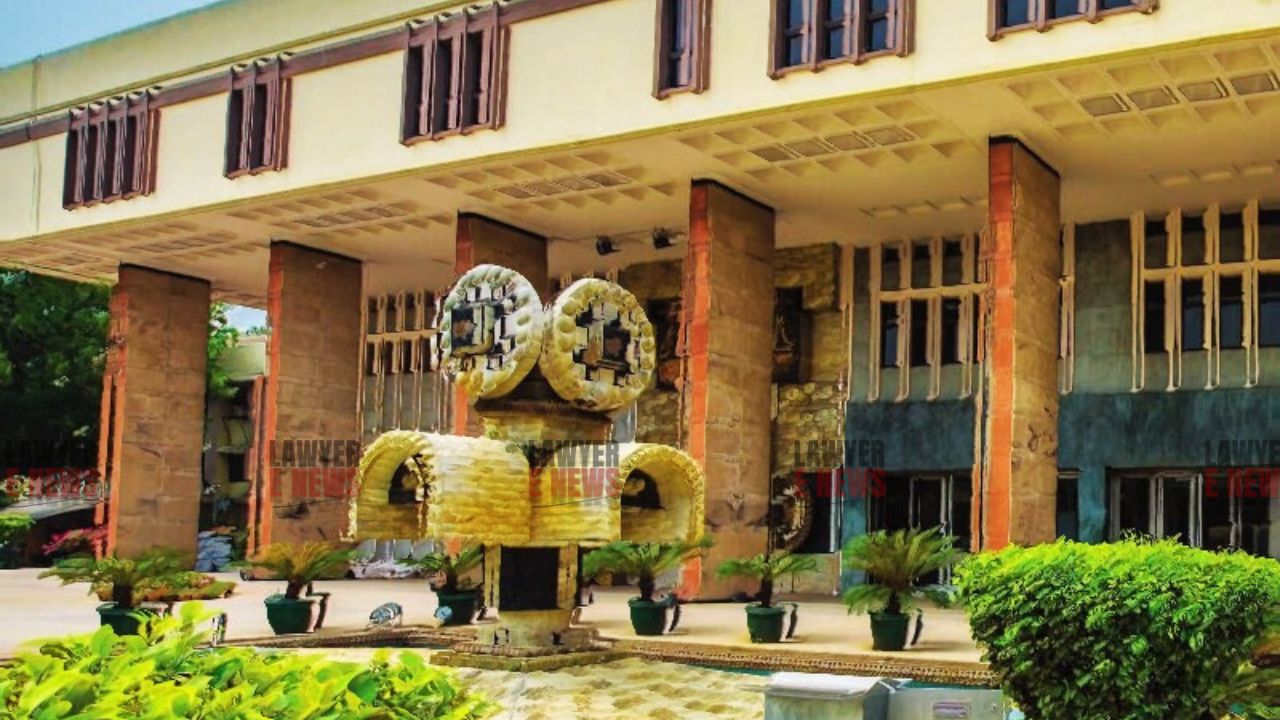-
by sayum
14 February 2026 2:22 PM



Interim Orders Affecting Child Custody are Not Merely Procedural; Appeal Allowed Under Section 19 of Family Courts Act - Delhi High Court, in a landmark decision delivered by a Full Bench comprising Justices Rekha Palli, Jasmeet Singh, and Amit Bansal, ruled that interim custody and visitation orders passed under Section 12 of the Guardians and Wards Act, 1890 (GW Act) are appealable under Section 19(1) of the Family Courts Act, 1984 (FC Act). The ruling overturned the previous decision in Colonel Ramesh Pal Singh v. Sugandhi Aggarwal, which held that such orders were interlocutory and not appealable. The court emphasized that interim custody orders directly affect the rights of the child and the parents and are thus substantive, making them appealable.
The appeal arose from a custody dispute between Dr. Geetanjali Aggarwal (Appellant) and Dr. Manoj Aggarwal (Respondent), wherein the Family Court granted the respondent father temporary custody and visitation rights over their minor child. The appellant, dissatisfied with the Family Court’s order to shift the child to a school near the father’s residence for better visitation arrangements, challenged the order under Section 19(1) of the Family Courts Act. The Respondent argued that the order was interlocutory and, therefore, not appealable. This created a conflict with previous rulings on the appealability of such orders, leading to a reference to the Full Bench.
I. Appealability of Interim Custody and Visitation Orders
The core issue was whether an order passed under Section 12 of the GW Act—granting interim custody or visitation rights—could be appealed under Section 19 of the FC Act. The court held:
"Orders affecting child custody and visitation rights are substantive in nature and significantly impact the welfare of the child. These are not mere procedural orders and therefore, are appealable under Section 19(1) of the Family Courts Act."
The Full Bench overruled the earlier decision in Colonel Ramesh Pal Singh v. Sugandhi Aggarwal, which had deemed such orders as interlocutory, barring appeals.
II. Interim Custody Orders Impact Substantive Rights
The court emphasized that interim custody and visitation orders deal with critical aspects of child welfare and parental rights, thus affecting substantive legal interests. The court explained:
"An order granting or refusing visitation or interim custody has a direct and lasting impact on the child’s physical and psychological well-being. Such orders cannot be classified as merely interlocutory and must be subject to appellate review to protect the child’s welfare."
III. Distinction Between Procedural and Substantive Orders
The court clarified the distinction between procedural and substantive orders, relying on the principles laid down in Shah Babulal Khimji v. Jayaben D. Kania. It observed:
"Procedural orders are those that do not decide any rights or liabilities of the parties, while substantive orders, such as those affecting child custody, have immediate and significant consequences on the parties’ rights. Hence, interim custody orders are not procedural."
IV. Guardians and Wards Act Does Not Override Family Courts Act
The court also addressed the interaction between the Guardians and Wards Act, 1890 and the Family Courts Act, 1984. It concluded that the Family Courts Act has an overriding effect due to its non-obstante clause and provides for a comprehensive appellate framework for family disputes. The court explained:
"Section 19 of the Family Courts Act is a standalone provision that allows appeals against substantive orders, including those passed under other statutes like the Guardians and Wards Act. Therefore, the appealability of orders under Section 12 of the GW Act must be determined by the FC Act, not by the GW Act’s characterization of such orders as interlocutory."
The Full Bench ruled in favor of Dr. Geetanjali Aggarwal, allowing the appeal against the Family Court's interim custody order to proceed. The court’s decision ensures that interim custody and visitation orders, given their critical impact on child welfare, are appealable under the Family Courts Act.
The matter was restored for consideration by the appropriate Division Bench.
Date of Decision: October 16, 2024
Dr. Geetanjali Aggarwal v. Dr. Manoj Aggarwal
